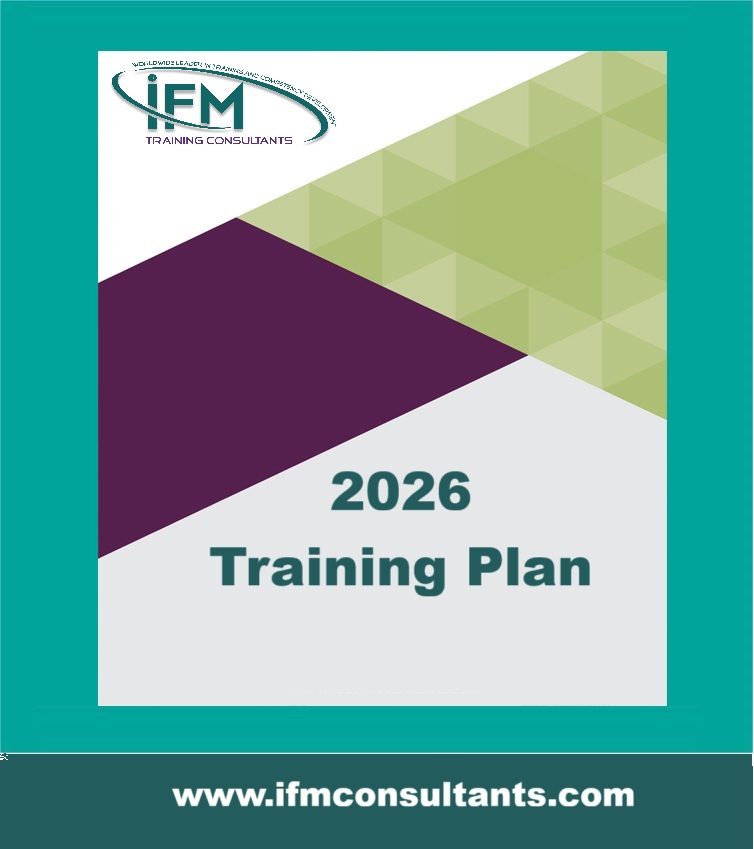Emissions To Air And Ambient Air Quality
| Start Date | End Date | Venue | Fees (US $) | ||
|---|---|---|---|---|---|
| Emissions To Air And Ambient Air Quality | 09 Nov 2025 | 13 Nov 2025 | Kuala Lumpur, Malaysia | $ 4,500 | Register |

Emissions To Air And Ambient Air Quality
| Start Date | End Date | Venue | Fees (US $) | |
|---|---|---|---|---|
| Emissions To Air And Ambient Air Quality | 09 Nov 2025 | 13 Nov 2025 | Kuala Lumpur, Malaysia | $ 4,500 |
Introduction
This Course is for adult learners studying the issue without the support of a class room teacher. It is aimed at participants with some knowledge of environment and air pollution issues. The ultimate goal of air quality management is to ensure that air pollution concentrations do not exceed defined target levels (e.g. air quality standards, target values for outdoor air quality), and that human health and the environment are essentially protected. Air quality management comprises the process of monitoring and control of air emissions to eliminate or limit the impact on the population and the environment. Appropriate policies and strategies to prevent and control air pollution need to be developed and implemented with the support of numerous stakeholders from government institutions, research institutes, non‐governmental organizations and private organizations. Air quality is a major area of importance in environmental engineering. Contaminants emitted along an air pathway from industry have been shown to have a major adverse public health effect worldwide. As a result, many government agencies are promulgating and enforcing strict air quality rules, and industrial facilities are employing environmental engineers to minimize emissions, impacts, and exposure to the public. Growing research and case studies have demonstrated a greater understanding of air quality engineering. Strategies and technologies exist to accomplish these goals. There are few “black and white” solutions, however. Engineering decisions to reduce air emissions and impacts draw upon a strong understanding of the technologies available, their effectiveness, cost, and capability of causing auxiliary production and environmental problems. This course begins with a thorough explanation of the background and history of air quality engineering, followed by discussions of what we know about air emissions, different ways they are calculated, air pollution control (APC) technologies and strategies, factors involved in their ground-level concentrations, and potential health impacts and ways to regulate air emissions. The course is designed to help you understand the basics of air quality engineering and understand its particular language, terms, and approaches.
Objectives
- Overview of quality assurance of air quality data
- Obtain general knowledge of the legislative and regulatory approaches to air quality in the environment
- Understand the nature and classes of different air pollutants
- Define the different types of emissions into the atmosphere
- Determine the different factors involved in determining ground-level concentration or impacts of air pollutants
- Understand the basic key exposures to air pollutants affecting public health
- Understand the basic public health effects of different types of air pollutants
- Causes of air pollution and the different types of air pollution which exist as well as the basic stages in the air quality management system;
- Role of emissions inventories in air quality management and the different measures available to control emissions from different sources;
- Basic components of an air simulation model which is used to estimate air pollutant concentrations in space and time;
- Different issues which need to be considered in the design of an air quality monitoring program;
- Impacts of common air pollutants on human health and environment and the methods used to study and assess the impact of air pollution on the health of a given population and the associated economic costs;
- Issues which need to be addressed in an overall policy framework for clean air
- Determine the history of air pollutant regulations and their effects on industry and public health
- Explain special topics related to regulating air pollution
Upon successful completion of this course, the delegates will be able to:
Training Methodology
This is an interactive course. There will be open question and answer sessions, regular group exercises and activities, videos, case studies, and presentations on best practices. Participants will have the opportunity to share with the facilitator and other participants what works well and not so well for them, as well as work on issues from their own organizations. The online course is conducted online using MS Teams/ClickMeeting.
Who Should Attend?
This course is intended for environmental engineers, design professionals, APC equipment manufacturers, machinists, inspectors, and construction workers who are interested in gaining a better understanding of air quality.
- Health, safety, and environmental professionals
- Staff and Engineers responsible for:
- Environmental & Protection
- Air Quality & Meteorology
- Air Pollution
- Environmental Monitoring
- Quality Assurance
Course Outline
Day 1: Introduction to Air Pollution
· Emission
· Effect
· Standard
· Sources of Air Pollution
· Effects of Air Pollution
· Air Pollution Monitoring
· Air Pollution Control Regulation and Monitoring
· The Atmosphere
Day 2: Air Pollution Control Regulation and Monitoring
· The Atmosphere
· Clean Air for Middle East
· Environmental Enforcement in the middle east
Day 3: Air Quality Modeling
· Air Quality Assessment
· Air Quality Sampling and measurement
· Emission Inventories
Day 4:
· Air Quality Modelling and its application
· GIS Application for air pollution management
Day 5:
· Health Risk Assessment of Air Pollution
· Air Pollution Control
· Green House Gases
· Indoor Air Quality
· Air Pollution from Mobile Sources
· General Idea of Air Pollution Control
· Control of Particulates
· VOCs and HCs – Characteristic & Control
· Oxides of Sulphur and Nitrogen
· Characteristic
· Control
· Control of Mobile Sources Pollutants

















